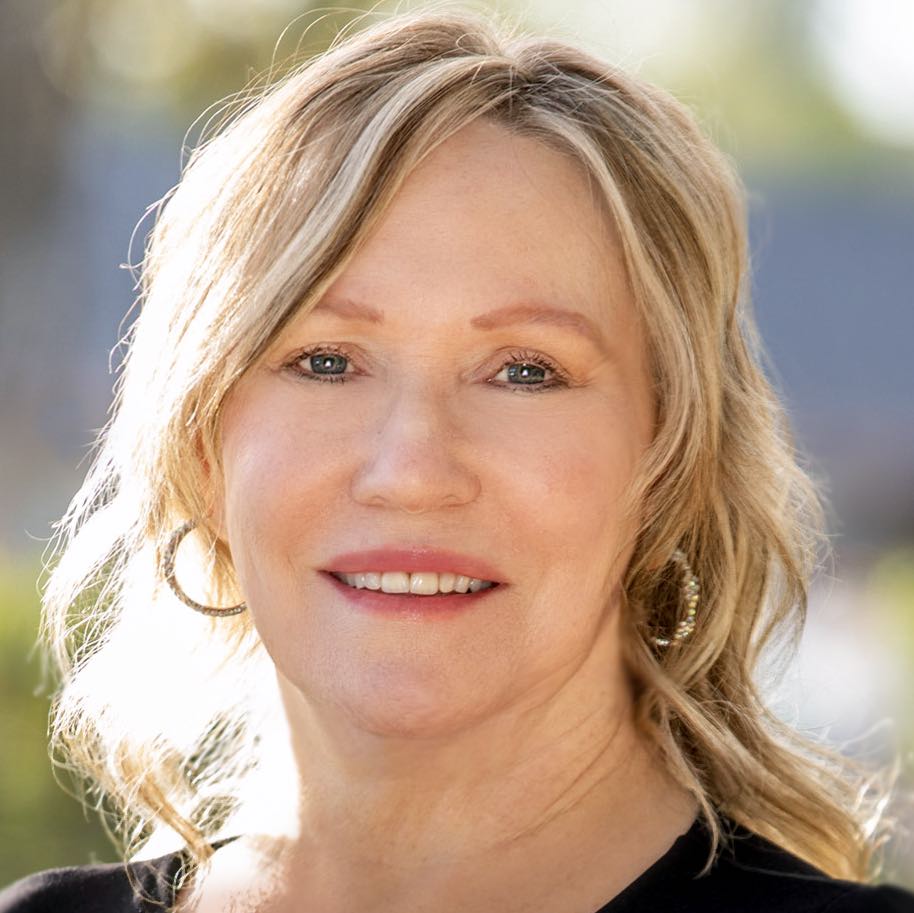5 minutes
Bring women more fully into board and executive leadership with this and six other strategies.
Although it is 2023, and women and girls make up half of the world’s population, gender bias is still deeply entrenched in the world’s psyche. My three girls quite often bring home stories of gender issues from school and work, and I am concerned for them and their future children. When the world proactively supports gender equality initiatives and daily practices, social progress will no longer be stagnant. Instead, economic growth and social development would be dramatically stimulated. Financial institutions must be integral to growing equality, developing equal opportunity and eliminating gender bias.
Worldwide disadvantages perpetuate a lack of access to education and training that promote skills and opportunities for women to earn a viable income in the labor market. The expansion of economic growth and social development requires the empowerment of women and girls. Worldwide gender equality ensures total participation in decision-making, leadership and transformative social change. At the current pace of change, it would take another 40 years for equal representation for women in national political leadership. This is unacceptable.
How do the worldwide disadvantages impact our hometown financial institutions? The evolution of the financial institution environment on the home front requires adopting business models consistent with economic and management principles and compatible with social and environmental sustainability risks. The presence of women on the board of directors positively contributes to the effectiveness of governance and is foundational in representing and expecting conversations with diversified perspectives. This higher-level conversation will mitigate risk better because more angles are explored and evaluated. The presence of women on boards is also linked to a prudent vision and orientation toward stability, an improved organizational reputation and the practice of non-discriminatory approaches and governance.
Many organizations are shifting business models to be more holistic, sustainable and mission-critical to improve the financial health of our respective communities. However, we can do more, and it starts at home in our daily activities. Here are some suggestions for conversations and actions we can take every day.
1. Embody diversity with inclusivity, participatory practices and an environment of belonging
Boards have proactively increased diversity in the boardroom, an excellent first step. However, some women, especially women of color, feel they are a checkmark on a diversity checklist. Their voice is not heard; when they speak, they are ignored. If just one woman of color feels they are not valued in the boardroom, that is one woman too many.
2. Work to fix the fact that women still earn 10-30% less than men for the same work
Take a stand for women, encourage them to research compensation levels and use their voice in situations of bias and decisions made by the under-informed. Female CEO candidates benefit by leveraging a subject matter expert to help build a framework for compensation. Male CEOs have been doing this for years by working with compensation consultants to understand competitive market rates.
3. Be aware of gender stereotypes because they are often subtle
A gender stereotype can produce a preconception about attributes or characteristics that can be both positive and negative. Fine-tune your listening and point out misuse of pronouns in the boardroom and executive meetings. The stereotypical use of the male gender pronoun “his” or “he” as the default perpetuates gender-stereotypical language. Research indicates most people are unaware they are using gender-stereotypical language. Please do not refer to other professionals as girls, gals, boys, or you guys. Even if the person being spoken to or referred to says it is okay, it is not. Referring to a woman in the boardroom as a “girl” is unacceptable and an example of a microaggression. Develop a practice of using the individual’s name, role or profession.
4. Be a role model
Be a living example of respect for people regardless of gender identity. Who and how a person views others is really about them, not anyone else. Creating a safe space where people feel comfortable expressing themselves without fear of judgment is crucial. This can be done by ensuring that conversations at the dinner table, in the car, and in meetings are always open and respectful.
5. Take a stand when tall poppy syndrome occurs
Tall poppy syndrome is when a person’s success causes them to be attacked, resented, or criticized. Don’t devalue or downplay anyone’s achievement or victory by saying things like, “they got lucky.” Support others who are successful. Acknowledge the tall poppy for their success, achievement or accomplishment. Celebrate the success and shift any criticism to acknowledgment and recognition.
6. Share household chores
Imagine the life skills developed when everyone learns to change car batteries, mow the grass, grocery shop, do minor repairs around the house, make dinner, fill up the gas tank, set up camp and do the laundry. Development of gender equality starts and sticks with practices in the home.
7. Insist and expect diversity in board and leadership recruitment
The standard practice for board recruitment does not produce a diverse candidate pool. Boards must shift the paradigm and modernize their board recruitment practices, beliefs and assumptions. People of all ages want to serve; running a board search is not the board’s expertise. This work can be outsourced with outrageously positive results.
Commit to gender equality by finding moments that pass you by every day where you can recognize inequality. Increase awareness and attention to these moments, and choose these best practices every day. Be conversing with your children about gender equality, have an open dialogue with your teams, listen to their stories, practice inclusion, and continue to ask and learn about opportunities to achieve worldwide gender equality. The next generations depend on us to act now to make a long-term impact.
Deedee Myers, PhD, is CEO of DDJ Myers, an ALM First company, Phoenix, a CUESolutions provider and the sponsor of Advancing Women.






